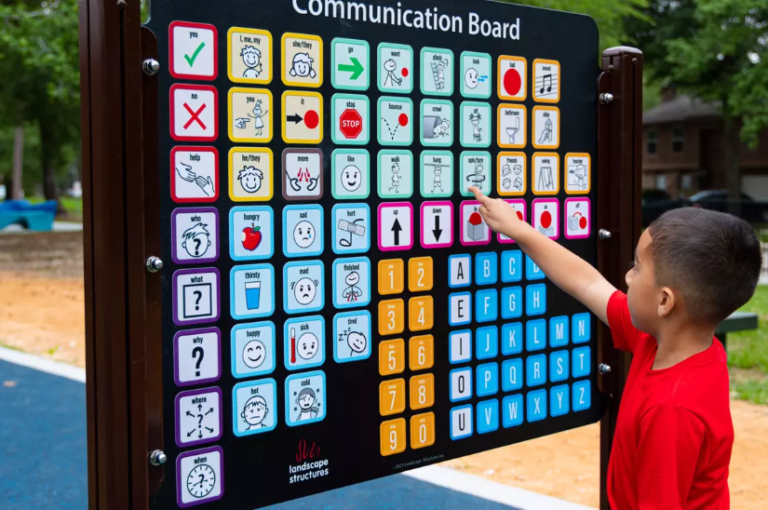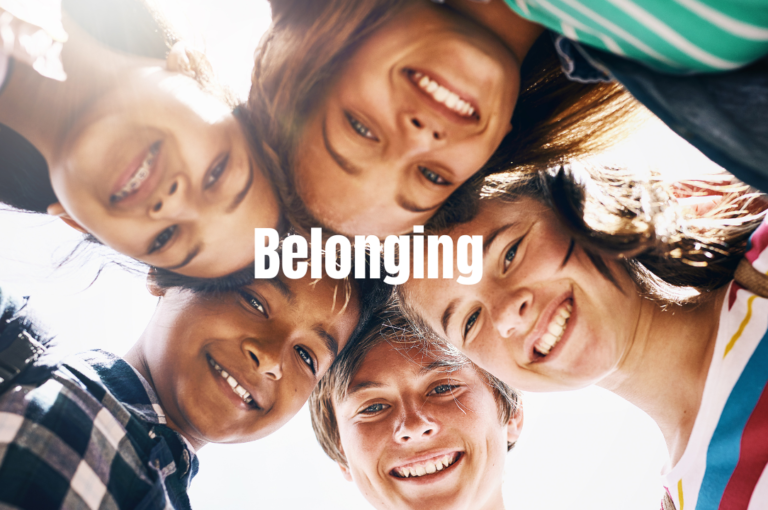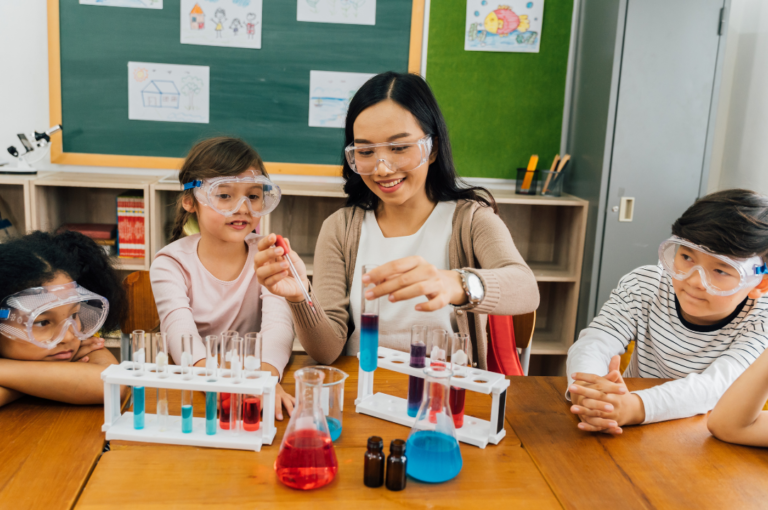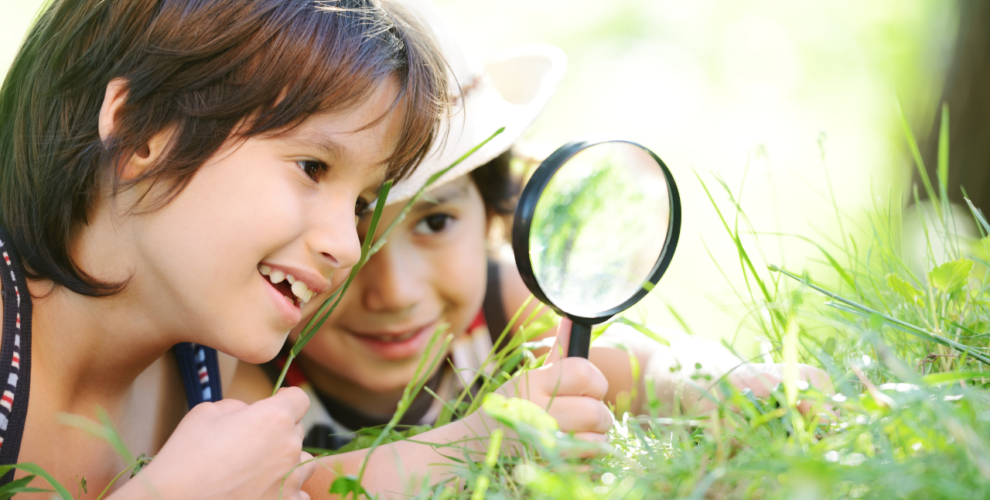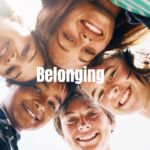Place-based learning is a transformative educational approach that leverages the local community and environment as primary resources for learning. This method not only fosters a deeper connection between students and their surroundings but also brings in a plethora of community experts to enrich the learning experience. Landscape architects can guide students in planning community gardens or naturalization spaces. Town or city waste managers can be pivotal in helping students design a comprehensive school recycling or composting program. The agricultural sector, including farmers and gardeners, can collaborate with schools to plan lunch programs centered on organic and locally grown food, while chefs can offer insights into health, nutrition, and food preparation. Botanists can provide a deep dive into the world of plants, and electricians can illuminate the intricacies of electricity. Authors can mentor students in writing and illustrating books, and Indigenous Elders or Knowledge Keepers can share invaluable cultural and historical insights. These collaborations not only make learning authentic but also foster a sense of community and real-world problem-solving. For those interested in delving deeper into place-based learning, numerous resources, including articles from Edutopia, Getting Smart, and the Kohala Center, provide comprehensive insights and examples of its implementation.
| Where? | Learning Focus? |
| School yard | Writing poems about natureStudying the soil, plants, trees, clouds, bugs, weather, |
| community | Mayor-politics Engineer-Science |
| Woodlot, forest, | Physical Science-trees, vegetation, ecosystems |
| waterway | Environmental pollution, water quality, animal life cycles, habitats, food chains, |
| greenhouse | plants |
| mountains, grasslands, forests, | Wellness, physical activity, hiking, skiing, snowshoeing, geography, landforms, erosion, |
| Local businesses |
Connecting with Local Experts
| Who? | What? |
| landscape architect | plan a community garden, naturalization space… |
| town/city waste manager | design a school recycling/composting program |
| farmers/gardeners | Plan a school lunch program based on organic/locally grown food Agriculture education |
| chef | Health, nutrition, food preparation |
| botanist | plants |
| electrician | electricity |
| author | Write, illustrate a book |
| Indigenous Elder/Knowledge Keeper |
Sources:
Place-Based Learning Resources Available in IMC
Online Land-Based / Place-Based Learning Resources
| https://promiseofplace.org/ | |
| https://www.nps.gov/teachers/index.htmJust enter subject and grade level range (NOT common core) and SEARCH.There are MANY lesson plans, student activities & teacher resources for math, science, social studies and language arts.Grade level ranges to choose from are lower elementary (K-2), upper elementary (3-5), middle school (6-8), high school (9-12). **(This is an American site with content featuring National Parks in the USA but MANY of the activities, lesson plans & resources can still be used/modified). | |
| https://parks.canada.ca/nature/science | |
| https://wpvip.edutopia.org/wp-content/uploads/2022/10/edutopia-stw-crellin-scentstations_0.pdf Kindergarten student scientists explore their schoolyard |

